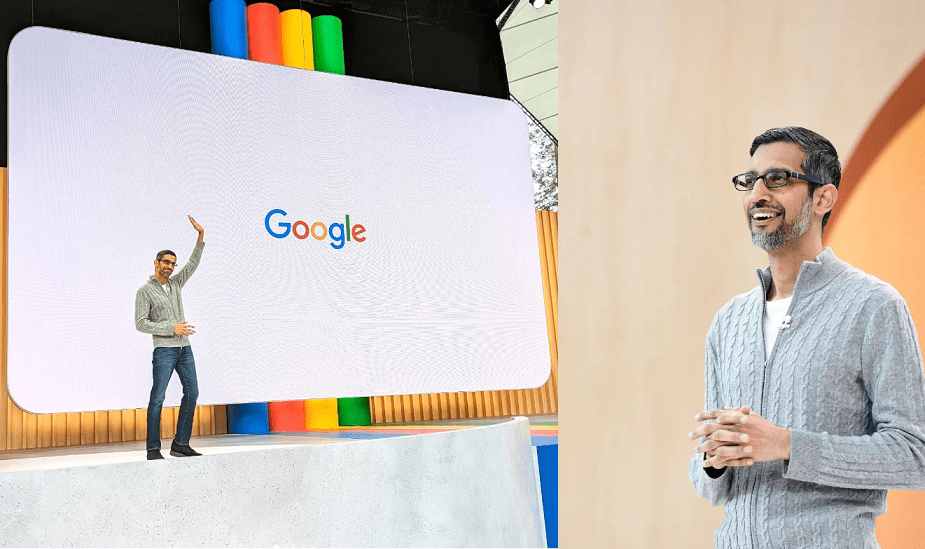
Google's CEO, Sundar Pichai, opened up about what he deemed one of the most challenging moments in the company's 25-year history — the decision to lay off 12,000 employees. Pichai acknowledged the impact of the layoffs on morale but defended the move as a necessary step to safeguard the company's future.
Pichai began by emphasizing his belief that if a CEO resorts to mass layoffs, it signifies a failure in leadership. In an ideal scenario where CEOs are held accountable, such a decision would result in consequences for the leadership. However, Pichai pointed out the reality where CEOs often continue in their roles while affected employees bear the brunt of job losses.
The backdrop to Google's layoffs was the company's earlier decision-making during the pandemic-induced surge in demand. Pichai admitted that Google had made decisions based on the assumption that the unprecedented growth during the pandemic would persist. However, as circumstances changed, it became evident that the initial strategy had faltered, leading to the need for significant workforce reduction.
While Google's situation wasn't unique, with other tech giants like Microsoft, Meta, and Amazon also resorting to layoffs, Pichai acknowledged that it doesn't excuse their missteps. Each company had to grapple with the aftermath of decisions gone awry, and the layoffs had a profound impact on morale across the board.
During the meeting, Sundar Pichai recognized the toll such a large-scale layoff had on Google, admitting that it was a challenging experience for the company. Despite the hardships, he defended the decision, stating that failing to act would have placed the company in a worse position in the long run. Pichai highlighted that the alternative would have hindered Google's ability to invest in crucial areas during a pivotal year of global shifts.
However, critics argue that the layoffs expose a flaw in Google's management and strategic planning. Pichai's acknowledgment that the company initially invested in hiring employees it later realized were not aligned with its needs suggests a lapse in strategic decision-making. While defending the layoffs as a necessary course of action, Pichai stopped short of a direct apology or explicit admission of fault from the top executives.
The situation prompts broader reflections on CEO accountability and decision-making. While CEOs are expected to make bold bets and pursue innovative ideas, the aftermath of poor decisions often falls on the workforce, with little repercussion for the leadership. In some cases, layoffs even lead to increased profitability and stock price boosts, highlighting the need for a more sustainable and thoughtful approach to strategic planning.
The aftermath of Google's layoffs also saw an internal query about leadership forgoing bonuses and pay raises, raising questions about the accountability and responsibility of top executives in times of corporate challenges. As Google navigates the aftermath of this pivotal moment, the broader discussion around corporate leadership, decision-making, and accountability takes center stage.
News Source: Inc.com